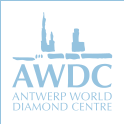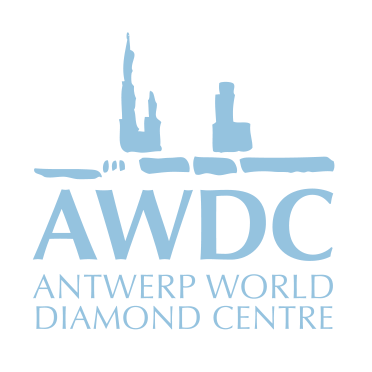WDC and PAC call for changes at KP Intersessional in Shanghai

On June 10, the Kimberley Process (KP) Intersessional Meeting kicked off in Shanghai, China, under the auspices of KP Chair Mr. Wei Chuanzhong. As the Intersessional’s main sponsor, AWDC hosted the exclusive Gala Dinner for the Intersessional participants on Monday evening.
In addition to KP country participants, a broad range of key stakeholders such as the World Diamond Council (WDC) and Partnership Africa Canada (PAC) gathered in Shanghai to take part in the Intersessional Meeting.During the first day of the meeting, a wide array of speakers, such as the WDC and PAC, in addition to the KP Chair, took up the current challenges and successes of the Process in their remarks. The need to strengthen and improve the KP was clearly echoed.
In terms of bolstering the efficiency of the KP, Mr. Edward Asscher, the newly elected President of the WDC, referred to the most recent renewal of the Memorandum of Understanding on the Administrative Support Mechanism (ASM) so as to “provide more permanent civil service” for the rotating chairmanship of the KP. AWDC, along with Israeli IDI, the Indian GJECP and the Ghana Government Diamond House will continue to host the ASM, with AWDC entrusted with running daily operations.
As far as current challenges encountered with respect to the diamond trade and their broader effects, discussions took place surrounding the worrying situation in CAR. Mr. Alan Martin, Research Director a the Partnership Africa Canada (PAC) referred to the need for increased vigilance in neighbouring countries and for all diamond trade hubs, to step up efforts in ensuring that these diamonds do not enter the market.
Mr. Martin pointed out “Belgium’s recent seizure” of a suspicious shipment of diamonds. AWDC believes that only these types of strict controls will lead to successful combatting of conflict diamonds and should be emulated by other trade centers. Mr. Martin also expressed a strong concern regarding the lack of transparency and irregularities in some diamond hubs, which also leads to significant disadvantages for the coffers of African treasuries.
In addition to the demands placed on the KP, its support to aid countries returning to the KPwas highlighted, by discussing the case of Côte d'Ivoire and the lifting of the UN embargo. In the coming months, AWDC’s deployment of a capacity building and technical assistance program will help to ensure that the institutions and procedures in Côte d’Ivoire are fully-fledged.
Reexamining the definition of ‘conflict diamonds’ was also considered key by meeting participants, so as to ensure that diamonds reap benefits for the people of the producing countries and their protection from any violence sponsored by the diamond trade is prevented.
AWDC CEO, Mr. Ari Epstein emphasized that “…we must continue to live up to our obligations and continue to work towards a strong and effective KP that is implemented fully by every participant, safeguarding the integrity and the goals of the KP.”





